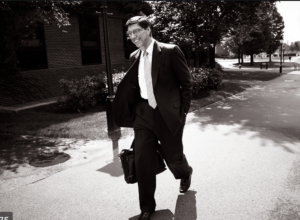
“That person is a success who has left the world
better than they found it; who looked for the best in
others and gave the best they had”
|
|

“That person is a success who has left the world
better than they found it; who looked for the best in
others and gave the best they had”
|
|
